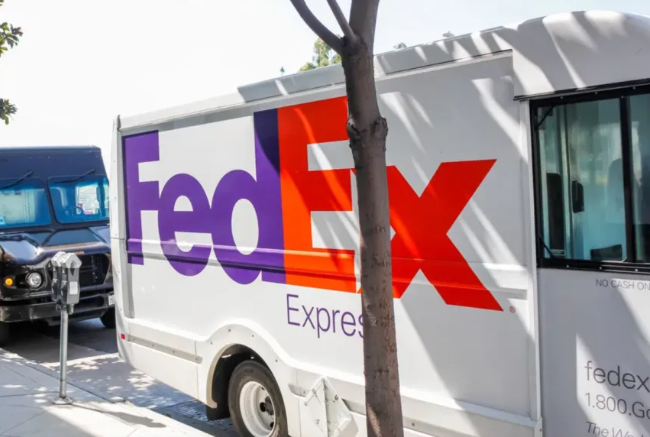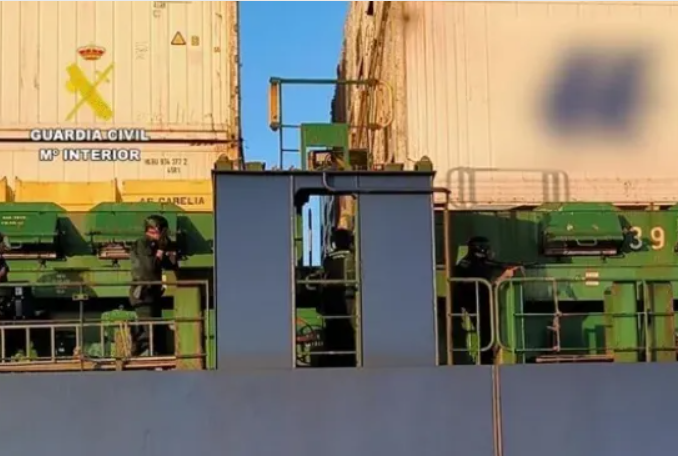Recently, Matson Navigation Company announced the suspension of shipments for electric vehicles (EVs) and plug-in hybrid electric vehicles (PHEVs), citing the fire risks associated with their batteries.
Matson stated that due to the hazardous material classification of lithium-ion batteries, it will no longer transport battery-powered EVs or PHEVs. The decision takes effect immediately and directly impacts vehicle transport services between the U.S. mainland and Hawaii, Guam, and Alaska.
In a letter to customers, Matson wrote:
"Due to growing concerns regarding the safety of transport vehicles powered by large-format lithium-ion batteries, Matson will suspend acceptance of both new and used electric vehicles (EVs) and plug-in hybrid electric vehicles (PHEVs) for shipment aboard our vessels. Effective immediately, we have ceased accepting new bookings for such cargo from all sectors."
According to the Hawaii EV Association, there are currently more than 37,000 registered electric vehicles in the state. Guam has not released official figures, but local dealers interviewed by the media expressed disappointment at the decision, emphasizing that EVs are well-suited for driving in Guam.
Matson has previously reported developing a collaborative approach to address the complexities of transporting lithium batteries. The company formed an EV Safe Transport Working Group and participates in external working groups related to EV and lithium battery safety.
On land, Matson says its procedures for handling lithium batteries include a review process and a checklist for the transportation of used batteries. At sea, it has established protocols for extinguishing and preventing lithium fires. These measures include proper loading practices, the use of thermal imaging tools to detect temperature spikes, and the deployment of Viking HydroPen—an advanced fire suppression device that replaces traditional water mist nozzles, capable of drilling into containers to extinguish fires.
In the customer letter, Matson added:
"Matson continues to support industry efforts to develop comprehensive standards and procedures to address the fire risks posed by lithium-ion batteries at sea, and plans to resume acceptance of such cargo once appropriate safety solutions that meet our requirements are implemented."
The report referenced the recent fire aboard the Morning Midas near the Aleutian Islands, as well as other incidents involving vessels carrying EVs and hybrids. This marks at least the third major casualty linked to EV-related fires, following the Fremantle Highway fire in 2023 and the loss of the Felicity Ace in 2022.
While the auto industry works to establish new standards for transporting EVs and lithium-ion batteries, Matson ships vehicles in containers, limiting the ability to monitor them compared to roll-on/roll-off car carriers and increasing the risk of container fires.
Matson continues to transport traditional internal combustion engine vehicles. It offers transoceanic services and also operates inter-island container shipping within Hawaii as part of its barge services.

Last
Big News: FedEx and UPS Say Goodbye to Discounts
According to the TD Cowen/AFS Freight Index released this week, traditional parcel delivery giants FedEx and UPS have begun moving

Next
Police intercept container ship! Approximately 1,300 kg of cocaine seized, 9 arrested!
The Spanish National Guard is currently investigating a recent cocaine seizure case.Authorities intercepted a suspicious inbound c
